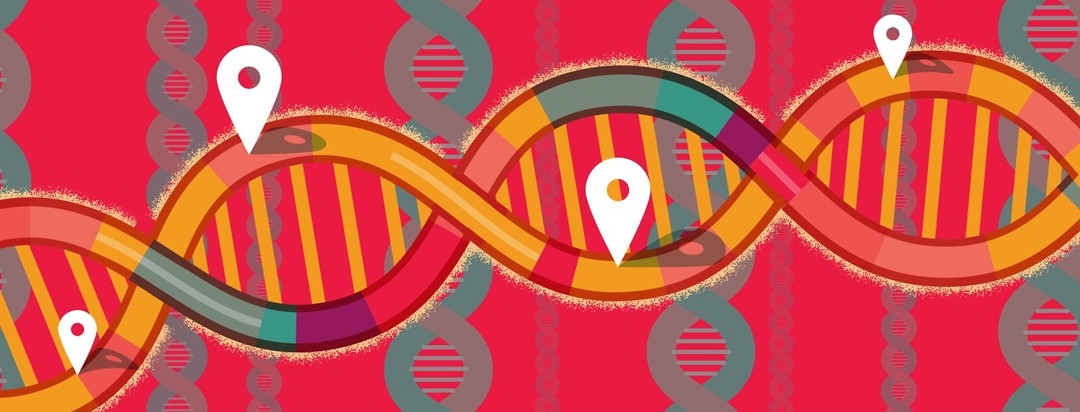Biomarker Testing Needs to Keep Up With Treatments
There have been a lot of changes in lung cancer since I was diagnosed in 2013. When I had biomarker testing on my biopsy tissue, EGFR, ALK, and KRAS were the only mutations checked. And this was at a major academic medical center in Chicago! These three mutations were the only ones considered significant at the time.
Since 2013, the FDA has approved targeted therapy medications for ROS1, BRAF, MET, RET, KRAS G12C, and NTRK lung cancers, as well as additional, improved medications for EGFR and ALK patients.There are also many targeted therapy trials going on for those with other lung cancer mutations such as NRG1 and other forms of KRAS.1-3
Did you receive biomarker testing?
Immunotherapy was pretty much still in the realm of science fiction in lung cancer in 2013, but now it is used as a first line of treatment for many lung cancer patients and as part of combination therapy with chemotherapy for other patients. You can find hundreds of immunotherapy trials just for lung cancer alone if you look on the clinical trials website.
Unfortunately, not all lung cancer patients who should benefit from these advances are benefiting in actuality. Depending on where they are diagnosed, many patients don’t even receive biomarker testing of their lung cancer, let alone a next-generation sequencing (NGS) test that looks at a comprehensive mutation panel. Often, newly diagnosed patients are put directly on chemotherapy and/or immunotherapy because they are judged as unlikely to have a mutation based on their age, smoking history, and other factors.
Why people aren't being tested for mutations
Why does this happen? Well, there are a number of possible reasons. Frequently, people are diagnosed by a general medical oncologist who sees patients with all kinds of cancer as opposed to a thoracic oncologist specializing in lung cancer. Given all the new developments and treatments in lung cancer in just the past 5-10 years, it is incredibly difficult for oncologists who don’t specialize in lung cancer to stay up-to-date on all treatment options. In addition, these oncologists often face pressure from their hospitals (and sometimes patients or families themselves) to get treatment started as soon as possible after diagnosis.4
We need to advocate for biomarker testing
How do we fix this? We need to advocate for reflex biomarker testing for all lung cancer patients. In order to do this, the public needs to understand how critically important it is to have this testing to ensure the best available treatment when diagnosed with lung cancer.
AstraZeneca launched a campaign for biomarker testing with golf pro Jason Day, whose mother is living with EGFR-positive lung cancer. This campaign focuses on the three most important steps needed for a correct lung cancer diagnosis and treatment:5
- TALK to your doctor about biomarker testing
- TEST for common biomarkers, which requires waiting until all test results have been returned in order to make a treatment decision
- TREAT based on what the tests reveal
This campaign acknowledges that even when newly diagnosed patients get biomarker testing, they are frequently put on treatments before all test results have been returned. PDL1 level test results for immunotherapy often become available prior to test results for mutations such as EGFR, ALK, ROS1, BRAF, and other oncogenes. This is especially dangerous because even a short time on the incorrect treatment can increase toxicity and side effects for patients if and when they are later discovered to have a targetable mutation and switched to a targeted therapy treatment.6
Let's make biomarker testing universal
Until everyone associates TALK, TEST, and TREAT with lung cancer, biomarker testing will not be universally adopted. You can read more about AstraZeneca’s testing campaign on the Complete Your Diagnosis website. We need more campaigns like this in order to make biomarker testing the norm for all lung cancer patients everywhere.
Community Poll
Have you taken our In America Survey yet?

Join the conversation